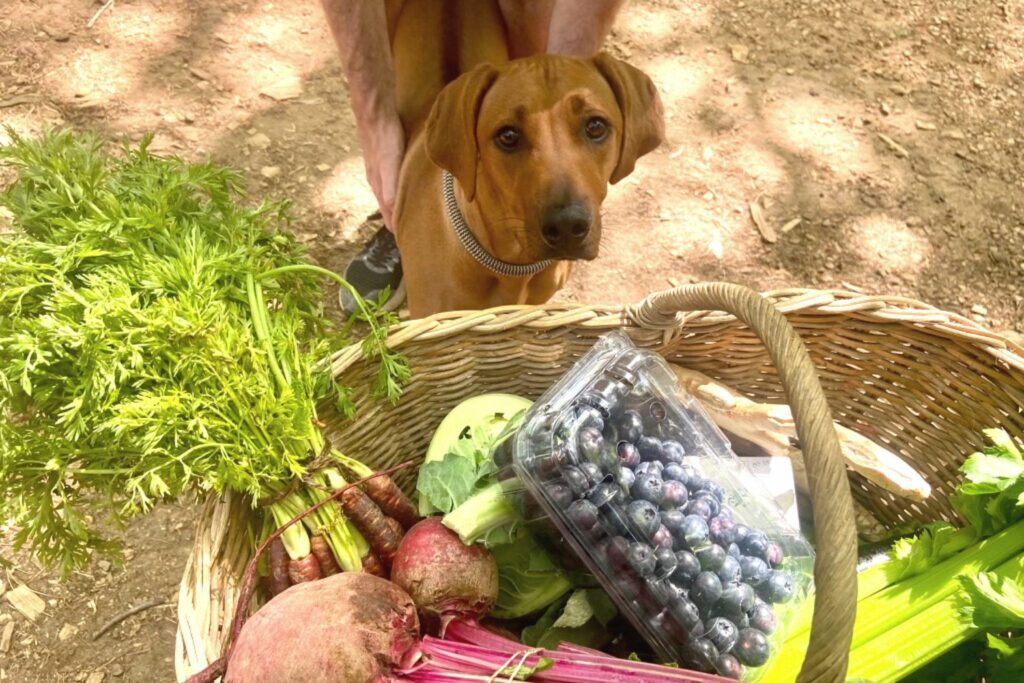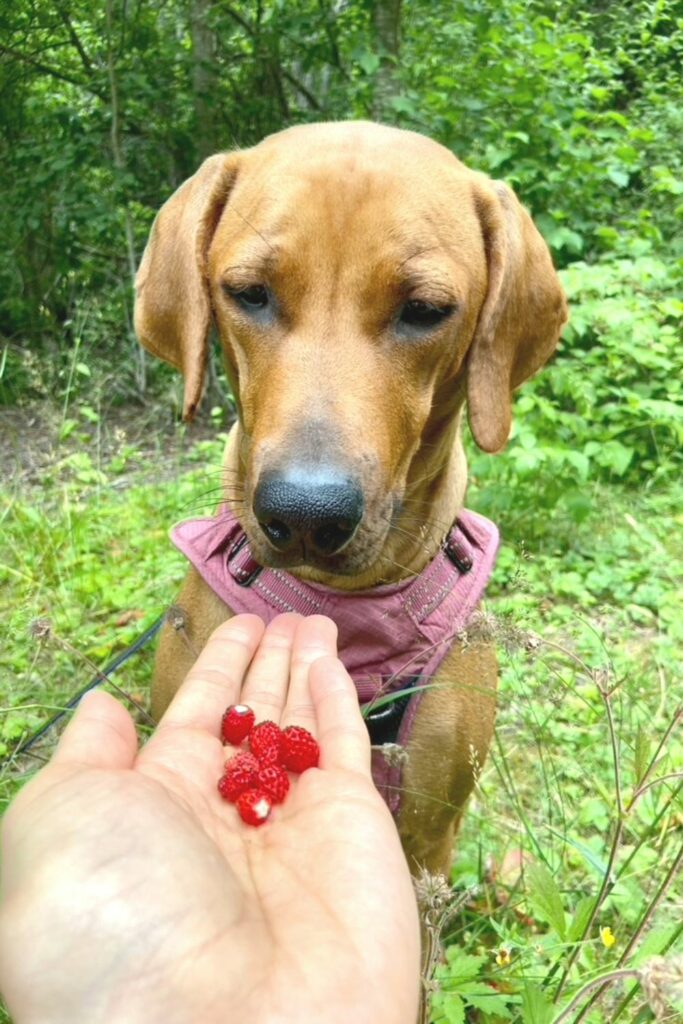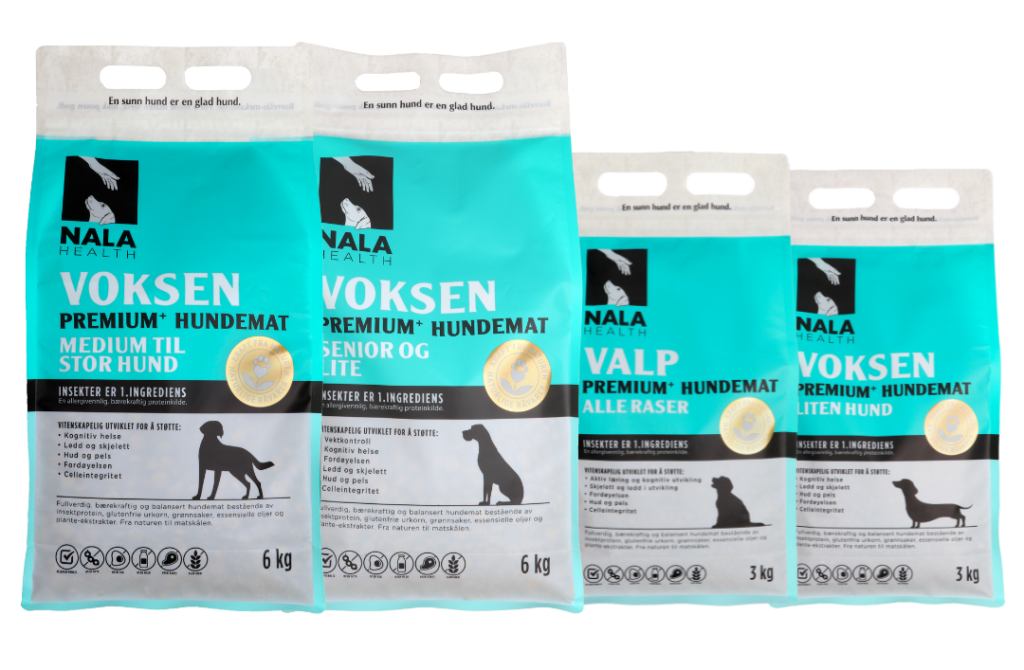Understanding Antinutrients in Your Dog’s Diet
 Cecilie Hemsen Berg
Cecilie Hemsen Berg
As a loving dog parent, you’re probably attentive to every aspect of your dog’s health, especially their diet. You’ve likely heard the term “antinutrients” and may have questions. What are antinutrients? How do they affect your dog’s health? In this blog post, we’ll delve into antinutrients and discuss their potential impacts on your beloved canine friend.

Unmasking Antinutrients
Antinutrients are naturally occurring compounds present in many plant-based foods. They are named so because they can inhibit the body’s ability to absorb essential nutrients, including vitamins and minerals. Common antinutrients include phytic acid, lectins, oxalates, and tannins, among others.
While antinutrients have a bad reputation, it’s essential to understand that they aren’t necessarily harmful in moderate amounts. The concern comes when they’re consumed excessively or the diet lacks diversity, leading to nutrient deficiencies.
Antinutrients and Dogs: A Closer Look
For dogs, like humans, a balanced and diverse diet is crucial. Dogs require proteins, carbohydrates, fats, vitamins, and minerals for optimal health. Antinutrients, when consumed in high amounts, can interfere with this balance.

For instance, lectins, found in legumes, can interfere with nutrient absorption in the gut. Phytic acid, often present in whole grains and seeds, can limit the absorption of essential minerals like iron, zinc, and calcium. Oxalates can combine with calcium to form kidney stones.
The potential for harm doesn’t mean we should entirely eliminate foods containing antinutrients from our dogs’ diets. Many of these foods offer other valuable nutrients and health benefits. What’s essential is portion control and a balanced diet.
Mitigate the Effects of Antinutrients

- Proper Food Preparation: Cooking, soaking, fermenting, or sprouting certain foods can help reduce their antinutrient content. For example, cooking legumes can reduce their lectin content.
- Diversified Diet: Ensure your dog gets a variety of foods in their diet. This not only ensures they get a balance of nutrients, but it also prevents an excess intake of any single antinutrient. You can for example add some steamed vegetables, clean meat leftovers, yoghurt or grated apple to their kibble to give variety. Just make sue the primary calorie intake comes from a balanced and complete dog food.
- Supplements: If your dog is on a specific diet (like a vegan diet), consult your vet about potential nutrient deficiencies and whether supplements are needed.
- Regular Vet Checkups: Regular vet visits can help detect any nutritional deficiencies or health issues early.
Bottom Line
Antinutrients are not entirely bad for your dog. Like many things, the key is moderation and balance. A varied diet, proper food preparation, and regular vet visits can ensure your dog stays healthy and happy. Stay tuned for more informative articles on dog health and nutrition. If you found this blog useful, don’t forget to share it with other dog parents.


